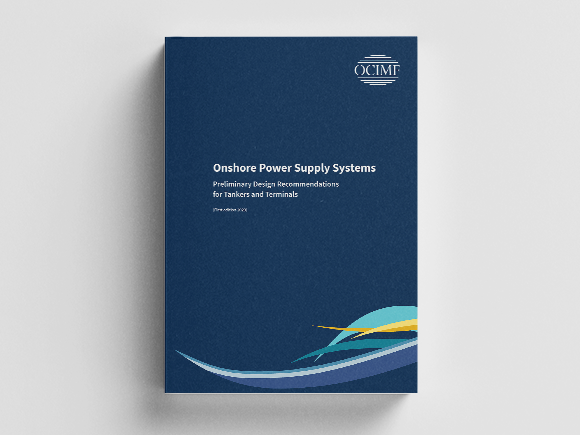The adoption of Onshore Power Supply (OPS), also known as cold ironing, brings environmental advantages to maritime operations in ports and terminals. By using shore-based electrical power while at berth, ships can reduce their emissions, contributing to improved local air quality, potential Greenhouse Gas emissions reduction, and aiding in compliance with environmental regulations. This information paper provides a preliminary guide to the design of OPS systems for tankers, terminals, and their interface.
This guidance is supported by a survey of tanker ships that provides insight into each ship’s electrical installations, cargo systems and power consumption patterns. The paper outlines recommendations for standardised OPS system requirements for voltage, frequency, and number of cables. Other design and operational considerations are addressed.
This preliminary paper will be followed by a full OCIMF information paper covering aspects of the safe application of OPS to tankers, the terminals and their interface.

